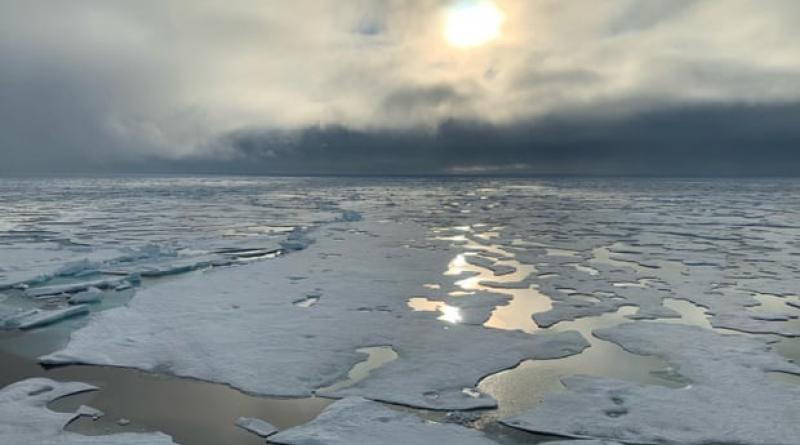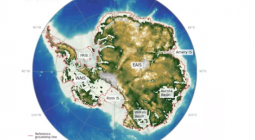Feeling the heat over Arctic sea ice.

David Nowell thinks Extinction Rebellion should focus on insulating homes, running public transport cooperatives and campaigning for major economic reforms, while Iain Climie says late Arctic ice formation should surprise nobody.
The delayed freeze in the Laptev Sea is consistent with the entire Arctic Ocean, which is set for the slowest recovery in the extent of sea ice this autumn, if the current daily trend continues (Alarm as Arctic sea ice not yet freezing at latest date on record, 22 October). This follows on from this summer having the second lowest minimum since 1979, with the early decades significantly above the annual trends during the last few years.
Other feedback mechanisms are now starting to take hold of global heating, as current atmospheric carbon dioxide concentrations are well beyond the normal Quaternary levels over the last 800,000 years – usually 170 to 280 parts per million, between ice age maximums and interglacial stages, compared with a still accelerating anthropogenic 410 ppm, coupled with the impact from a significant rise in methane and other warming gases.
This is why mitigation policies are all we have left. Extinction Rebellion would be better off insulating homes, running public transport cooperatives and campaigning for major economic reforms to pay for this. Starting with taxing carbon intensity, abolishing non-dom tax status and establishing an overseas tax liability for British citizens like the Internal Revenue Service (IRS) does for US citizens wherever they are living. Even in Monaco where too many of our honoured tax exiles live.
David Nowell
Fellow of the Geological Society, New Barnet, Hertfordshire
• Late Arctic ice formation should surprise nobody. Rising temperatures melt ice so less solar energy is reflected and darker surfaces absorb more heat. Trapped greenhouse gases escape, causing more warming and more ice to melt while fires and dying vegetation worsen matters further. Even if net emissions from human activities somehow became negligible, this positive feedback will accelerate heating.
Many ideas essential to combat expected heating would make sense even if temperatures were static, fell or if a major food crop failed. Examples include restoring fish stocks, less waste, alternatives to fossil fuels, silviculture, regenerative agriculture and combining conservation with careful use. Instead if adopting such win-win policies, decades have been wasted bickering about who was right. Future generations will find this very difficult to forgive.
Iain Climie
Whitchurch, Hampshire
25 October 2020
The Guardian





